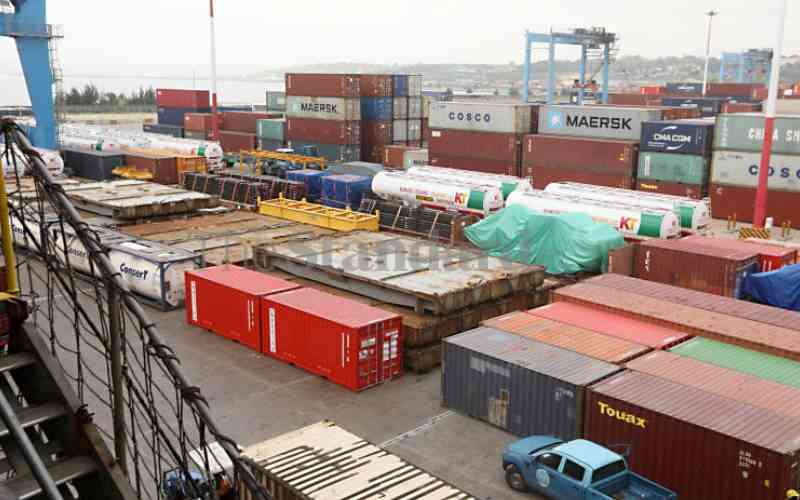×
The Standard e-Paper
Home To Bold Columnists

The value of goods that Kenyans imported over the quarter to September 2023 dropped as activity among local industries slowed down as they grappled with the high cost of production.
The reduced cost of imports during the quarter was against expectations that the weak shilling would see the import bill go up. Official data shows a decline in the value of petroleum products imported over the quarter.